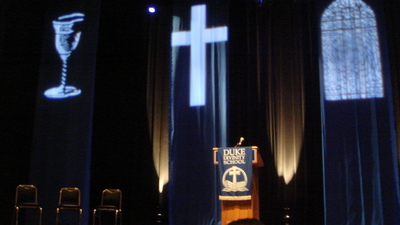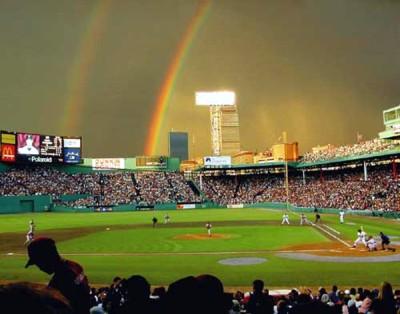(This is taken from an interview done with N.T. Wright in October during the Duke Convocation).
” I’m very interested in what a Christian vision of wise government might be. There are insights we can bring to bear. It’s difficult to think outside the box of Western democracy in order to evaluate it. I don’t want to live in a country that isn’t a modern, Western democracy — far from it. At the same time, I’m very aware that we have tended for the last 200 years in the West to pat ourselves on the back and say, “Well, that’s it. We’ve arrived. We now have the best possible thing, and it’s just a matter of everybody else catching up.”
That is pure Enlightenment rhetoric. It’s Western democracies that have led us into some disastrous wars, that have allowed economic chaos, that have allowed urban poverty and blight to proceed unchecked, that haven’t made sure that industries do what they’re supposed to do. Our present system, where you have a non-elected House of Lords — it is mostly people who have been selected by their peers through whatever business they’re in or profession they’re in who eventually get put in there — has had a very good effect of having people who are not career politicians able to provide a very strong check and balance on people who are career politicians.
The way in which money and politics go together is disturbing on both sides of the Atlantic. You have to raise a lot of money even to run for office. Our democracies are ripe for overhaul to make them do better what democracy ought to do. This is the principle that I get from the first century.
The early Jews and the early Christians were not very worried about how people came to power. They were very concerned about holding people in power to account. Somebody has a military coup: “OK. So-and-so is now in power. That’s the reality. Let’s not pretend. Let’s not say, ‘Oh dear, you weren’t voted for, so we’re all worried about that.’
“No. You’re in power. Now we are going to remind you what your God-given responsibilities would be.”
Holding up a mirror to power is a primary ecclesial task, and reminding the authorities that they are not God is a major task. Alastair Campbell, Tony Blair’s press officer, said, “Downing Street doesn’t do God.” What happens when you do that is God gets kicked upstairs. He’s pushed out of the system, which allows the present occupants of the office to occupy at least part of the space. So almost at once what we had was Tony Blair and others talking about, “We are going to go and solve the problem of evil.”
That sort of messianic temptation is not diminished — because it’s actually enhanced — by getting God out of the equation. It is the church’s job to figure out how to put God back in the equation without going anywhere near something that could be seen as theocracy in the wrong sense. People say, “Oh, we don’t want God on the block, because then we’ll have Christian clerics telling us what to do.” It isn’t that at all. It is reminding people, human beings, of what the Creator God wills for his world. One of the first signs of that is putting the weakest people in the front of the queue when we’re thinking about policy.


